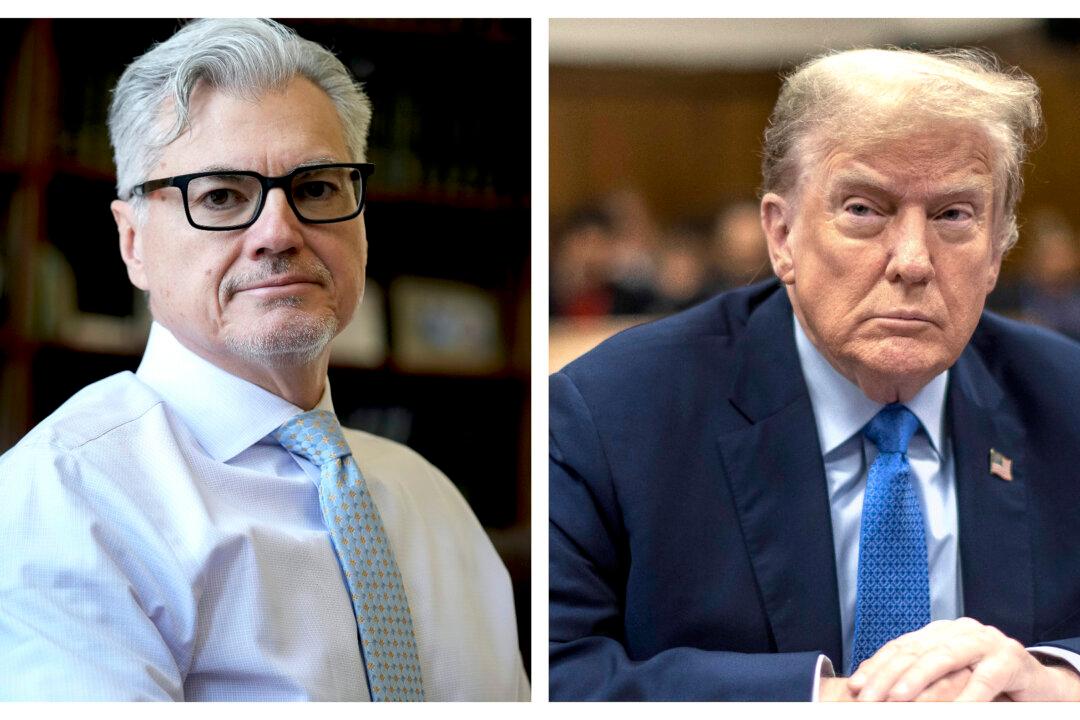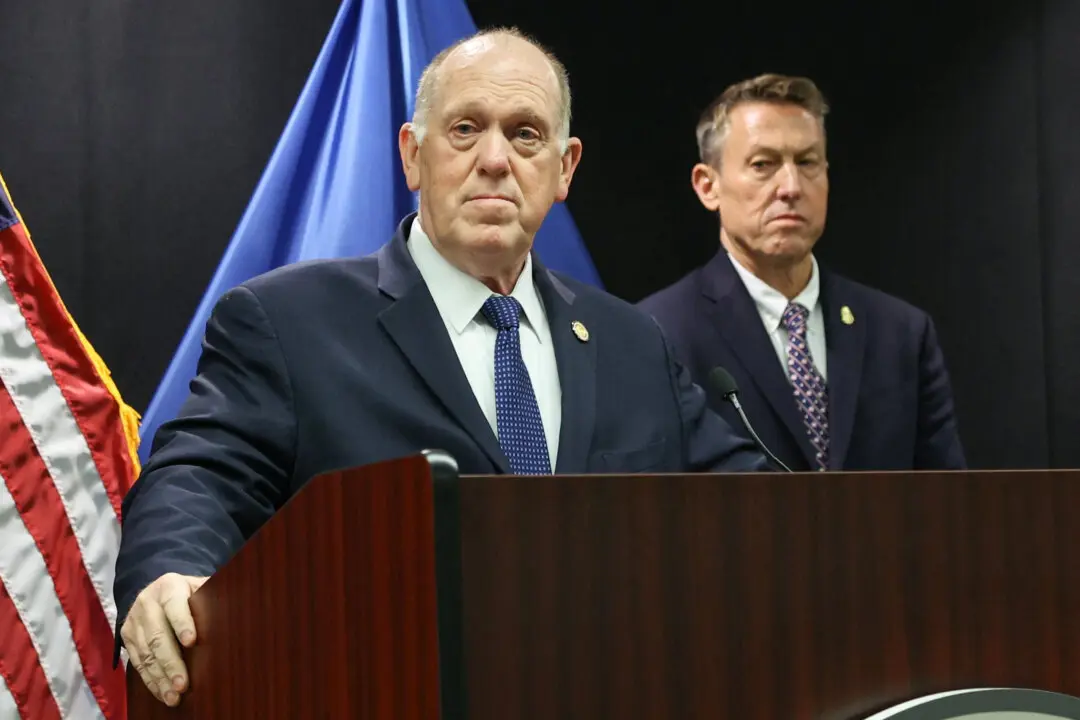The U.S. Supreme Court on Dec. 9 declined to weigh in on New York Judge Juan Merchan’s gag order for President-elect Donald Trump connected to his business records criminal trial.
Merchan had issued the gag order earlier this year, initially prohibiting Trump from commenting on the prosecution team, court staffers, or their families, including Merchan’s daughter, a Democratic political consultant who had once worked for Vice President Kamala Harris. After the May trial, Merchan lifted a previous ban on Trump’s commenting about witnesses and jurors.





